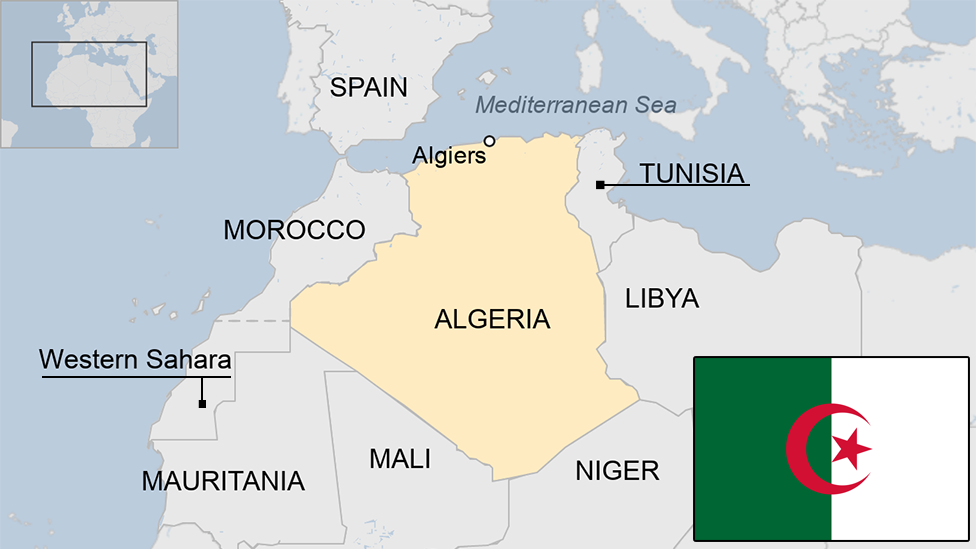The Intriguing World of Moroccan Customs
Morocco, a land of vibrant colours, diverse landscapes, and rich history, is also home to a tapestry of customs and traditions that have been passed down through generations. These customs play a significant role in shaping the daily lives and social interactions of Moroccans. Let’s delve into the fascinating world of Moroccan customs.
Hospitality – A Bedrock of Moroccan Society
One of the most cherished customs in Morocco is the tradition of hospitality. Moroccans are renowned for their warm welcomes and generous spirit towards guests. It is common for visitors to be greeted with mint tea, dates, and pastries as a gesture of hospitality. The act of sharing food and drink is seen as a symbol of friendship and respect.
The Art of Tea Drinking
Tea holds a special place in Moroccan culture. The preparation and serving of mint tea, known as “atai,” is considered an art form. It is not just about the beverage itself but also about the ritualistic process that accompanies it. Tea-drinking sessions are opportunities for socialising, building relationships, and enjoying moments of relaxation.
The Souk Experience
The bustling markets or souks are integral to Moroccan customs. These vibrant marketplaces offer a sensory overload with their sights, sounds, and scents. Haggling over prices is not just a way to get a good deal but also a social interaction that involves banter, negotiation skills, and mutual respect between buyer and seller.
Celebrating Festivals and Traditions
Morocco boasts a calendar filled with colourful festivals that celebrate religious events, cultural heritage, and seasonal harvests. From the lively festivities of Eid al-Fitr to the mesmerising music performances during the Gnaoua World Music Festival in Essaouira, these events showcase the diversity and vibrancy of Moroccan traditions.
Ceremonial Practices
Rituals hold great importance in Moroccan society. From traditional weddings with elaborate ceremonies to religious rituals like Ramadan fasting or Eid prayers, these practices bind communities together and reinforce cultural identity. Respect for elders and adherence to customs are deeply ingrained in everyday life.
Conclusion
Exploring Moroccan customs offers a glimpse into the soul of this captivating country. The intricate tapestry of traditions reflects the values, beliefs, and heritage that define Moroccan society. By embracing these customs with an open heart and mind, one can truly appreciate the beauty and richness of Morocco’s cultural heritage.
Essential Guide to Moroccan Customs: Key Cultural Insights, Prohibited Items, and Etiquette
- What is important to Moroccan culture?
- What is prohibited to bring to Morocco?
- What are the unspoken rules in Morocco?
- What are some Moroccan customs?
- What are the dos and don ts in Morocco?
- What are the DOS and DON’Ts in Morocco?
- What can you not bring into Morocco?
What is important to Moroccan culture?
In Moroccan culture, several elements hold significant importance and shape the societal fabric of the country. Hospitality stands out as a cornerstone of Moroccan customs, where welcoming guests with warmth and generosity is deeply ingrained. The art of tea drinking, symbolising social connection and relaxation, is another vital aspect of Moroccan culture. Additionally, the vibrant souk experience, rich in tradition and commerce, reflects the dynamic nature of Moroccan society. Celebrating festivals and traditions, observing ceremonial practices, and showing respect for elders are all integral components that contribute to the cultural richness and identity of Morocco.
What is prohibited to bring to Morocco?
Travellers to Morocco often wonder about items that are prohibited to bring into the country. It is important to note that Morocco has strict regulations regarding certain goods, including alcoholic beverages, drugs, and pornographic materials. Additionally, it is forbidden to bring in firearms, drones without prior authorization, and counterfeit goods. To avoid any complications during your travels, it is advisable to familiarise yourself with the customs regulations of Morocco and ensure that you comply with the restrictions in place. By respecting these guidelines, you can enjoy a smooth and hassle-free entry into this enchanting North African destination.
What are the unspoken rules in Morocco?
In Morocco, there are several unspoken rules that govern social interactions and daily life. One of the key unspoken rules is the importance of respect towards elders and authority figures. It is customary to address older individuals with deference and show courtesy in conversations. Additionally, modesty in dress and behaviour is highly valued, especially in more conservative areas. Visitors are often expected to adhere to local customs such as dressing modestly when visiting religious sites or refraining from public displays of affection. Understanding and respecting these unspoken rules can help visitors navigate Moroccan society with ease and show appreciation for the country’s cultural norms.
What are some Moroccan customs?
Moroccan customs encompass a rich tapestry of traditions that shape the social fabric of the country. From the cherished tradition of hospitality, where guests are welcomed with mint tea and pastries as a symbol of friendship, to the art of tea drinking, which serves as a ritualistic practice for socialising and building connections, Morocco’s customs are steeped in warmth and generosity. The bustling souks, where haggling over prices is not just about commerce but also about respectful interaction, showcase the vibrant marketplace culture. Celebrating festivals and traditions with colourful events like Eid al-Fitr and the Gnaoua World Music Festival highlights the diversity and vibrancy of Moroccan customs. These practices, along with ceremonial rituals that bind communities together, reflect the deep-rooted values and cultural heritage that define Moroccan society.
What are the dos and don ts in Morocco?
Travellers to Morocco often wonder about the dos and don’ts when navigating the country’s customs. It is important to respect local traditions and etiquette while visiting Morocco. Some common dos include greeting people with a polite “Salam” (hello), dressing modestly, especially when visiting religious sites, and accepting offers of hospitality such as tea. On the other hand, some don’ts to keep in mind are avoiding public displays of affection, especially outside tourist areas, refraining from wearing revealing clothing, and not photographing people without their permission. By being mindful of these dos and don’ts, visitors can show respect for Moroccan customs and make the most of their cultural experience in this enchanting destination.
What are the DOS and DON’Ts in Morocco?
When it comes to navigating Moroccan customs, understanding the DOS and DON’Ts is essential for a respectful and enjoyable experience. DO greet people with a friendly “Salam” and a handshake, especially when meeting someone for the first time. DO accept offers of mint tea as a gesture of hospitality. DO dress modestly, particularly when visiting religious sites or rural areas. DON’T engage in public displays of affection, as this is considered inappropriate in Moroccan culture. DON’T point the soles of your feet towards others, as it is seen as disrespectful. By being mindful of these cultural norms, visitors can show appreciation for Moroccan customs and create meaningful connections with locals.
What can you not bring into Morocco?
When it comes to customs regulations in Morocco, there are certain items that visitors are prohibited from bringing into the country. It is important to be aware that bringing alcohol, narcotics, and pork products into Morocco is strictly prohibited due to the country’s Islamic customs and laws. Additionally, items such as drones, satellite phones, and large quantities of electronic devices may require special permits or declarations upon entry. To ensure a smooth and hassle-free travel experience, it is advisable to familiarise oneself with the specific restrictions on what can and cannot be brought into Morocco before embarking on your journey.




